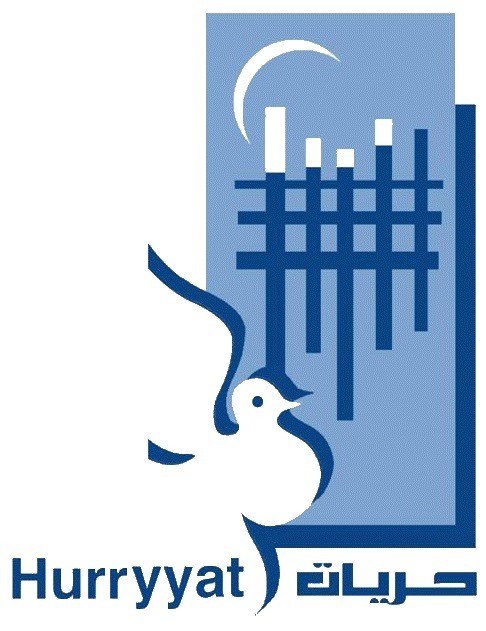The Right to Travel and Movement is a Fundamental Human Right
Throughout history, the Palestinian people have continued to suffer from human rights violations exerted by the Israeli occupation and seeks to exercise their right to self-determination guaranteed by international law and the Charter of the United Nations of 1945
Our people are the only people in this The Palestinian people are the only people in this world who are still under occupation and are systematically exposed to the various kinds of violations of their fundamental rights: political, civil, social, economic and cultural; which are increasingly racing against time in a flagrant challenge to the will of the international community and United Nations resolutions and human rights principles.
The right to freedom of movement is a fundamental right that the occupation authorities have consistently violated by preventing tens of thousands of Palestinian citizens from traveling, which resulted in violations of other rights including the right to work, treatment, education, religious practice and social communication.
In view of the importance of this right, the provisions of the Universal Declaration of Human Rights of 1948 (article 13) and the 1966 International Covenant on Civil and Political Rights (article 12, para. 2) emphasize the right to leave any country, including one’s own, and the right to return. Moreover, it is a right guaranteed by international humanitarian law from the establishment of the state of Israel, the occupier, in which they have the obligation to ensure a secure living for the inhabitants of the occupied territory; known as “protected persons” in accordance with the Fourth Geneva Convention relative to the Protection of Civilian Persons in Time of War.
Israel, the occupying Power, is a party to the International Covenant on Civil and Political Rights and the Fourth Geneva Convention. However, it denies the applicability of this Convention to Palestinian territory because it does not consider itself an occupying power, which contravenes the international consensus on this matter and the successive resolutions of the Security Council and the General Assembly of the United Nations and recognizes only the observance of humanitarian considerations in the spirit of the Convention.
According to the Palestinian Police’s Border and Border Service, 1133 people were prevented from traveling in 2012 and 824 in 2013, increasing significantly in 2014 to 4269, with 2007 being a prohibited population in 2015, 2131 in 2016 and 1798 in 2017.
These figures are in fact low because people who know they are forbidden to travel, do not try to travel, and therefore are not included in these numbers.
In light of this reality, The Center for Defense of Liberties and Civil Rights “Hurryyat” has initiated to defend this right and to assist citizens who are prohibited from traveling through its legal and national role and in cooperation with the components of Palestinian civil society to confront this policy.
In this context, the Center began in early 2015 and continues to provide legal assistance to persons with no right to travel in its “Right to Travel is a Fundamental Human Right” project funded by the United Nations Development Program (UNDP). The second phase of the three-year project, funded by the United Nations Development Program (UNDP), has also been initiated in the program known as Sawasiya II.
In the context of the continuous work in this program, Hurriyat achieved a number of successes and managed to:
- Provide legal assistance to lift the ban on hundreds of people who are prohibited from traveling. The Center continues to receive requests for lifting the ban and seeks to serve the citizens of both sexes in a balanced manner whenever possible.
- Documenting the violations and damages resulting from the ban and the suffering of passengers at the borders.
- The initiative to form committees in the provinces and a general national committee to follow up on the subject and ensure continuity.
- To act at an international level and to inform the Secretary-General of the United Nations, the Human Rights Council, International Human Rights institutions and diplomatic representatives working in Palestine, and the Arab and international parliaments to urge them to take the necessary measures and pressure on occupying authorities to respect the right of the Palestinian person to travel freely and to comply with the provisions of the Human Rights and International Humanitarian Law that is applicable to the Occupied Palestinian Territory.
- Hurriyyat also seeks to cooperate with the components of the Palestinian public, popular and official society to increase national interest in this issue as a national issue in order to address this arbitrary policy.

